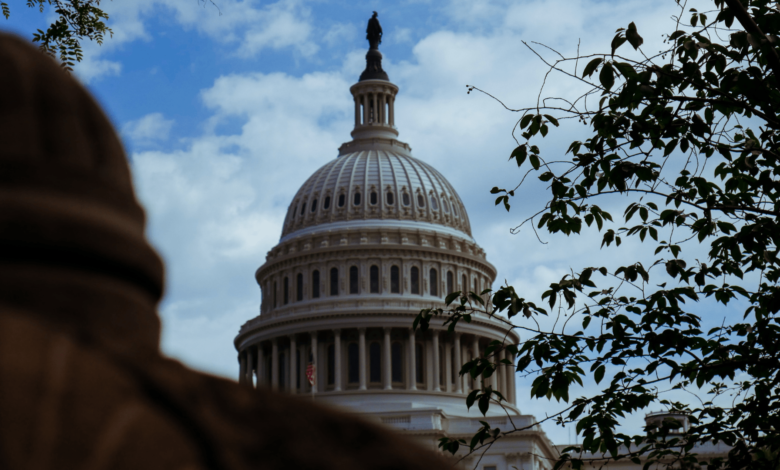Lawmakers Criticize the SEC’s Regulatory Approach to Crypto

The U.S. Securities and Exchange Commission (SEC) has recently come under intense scrutiny from lawmakers and industry leaders alike for its handling of cryptocurrency regulation, begging the question of whether the agency is exceeding its authority in its attempts to rein in the industry. On Wednesday, Representatives French Hill (R-Ark.) and Dusty Johnson (R-S.D.), two prominent Republican members of the U.S. House of Representatives, voiced their concerns about the SEC’s approach in a letter addressed to the body’s Chair, Gary Gensler.
“While Congress works to close regulatory gaps, the SEC has opted to regulate by enforcement,” the letter read. “In fact, Financial Services Committee Republicans have sent numerous letters to the SEC expressing concern with several proposed rulemaking and staff actions. This approach does not ensure compliance and customer protection, but instead creates further confusion, demonstrated by the recent summary judgment.”
The lawmakers went on to express their belief that the regulator’s actions were “seemingly timed” to overshadow and potentially derail efforts to draft comprehensive crypto legislation. Hill and Johnson argue that the confusion fostered by the SEC’s current approach is evidenced by the recent legal battle between Ripple Labs and the SEC. Ripple’s partial victory in that case has, according to the SEC’s critics, further highlighted the need for clear regulatory guidelines in the crypto sphere.
The fact that the SEC’s lawsuits against leading crypto exchanges, Binance and Coinbase, were initiated shortly after Republican chairs of two House committees unveiled a draft discussion on overhauling U.S. crypto regulations, could be what the lawmakers are alluding to by mentioning the timing in their letter. With two bills introduced since 2021 and 15 hearings held in the last four years, Hill and Johnson believe that a legislative framework would be more effective in preventing future crypto business collapses than sporadic enforcement actions that only seek to punish after-the-fact.
Criticism from both sides of the aisle
The SEC has incurred skepticism from both sides of the political aisle, however, with New York Democrat Ritchie Torres also voicing his criticisms of the SEC in an open letter to Gary Gensler on July 18. In it, he praised Judge Annalisa Torres for her meticulous application of the Howey Test, a legal standard used to identify securities, in the court’s ruling on the SEC’s lawsuit against Ripple Labs. Congressman Torres believes the agency has been inconsistent in its application of the Howey Test overall.
Torres further commented on the “Torres Doctrine,” a term he coined to describe the precedent set by the judge’s ruling, arguing that the SEC’s legal foundation for its lawsuit against Coinbase has been significantly weakened, especially given the regulator’s classification of other major crypto assets as securities.
During a pre-motion hearing on July 13 in the Coinbase case, District Judge Katherine Polka Failla also expressed skepticism and confusion surrounding the SEC’s 2021 approval of the exchange’s S-1 filing with the SEC, allowing the crypto exchange to go public on the NASDAQ.
Editor’s note: This article was written by an nft now staff member in collaboration with OpenAI’s GPT-4.





